This Week in Tanzanian Tech [Apr 20-26, 2025]
Helium mining, mobile money growth, and AI-powered gas infrastructure
We’re back with the week that was.
In this edition, we spotlight a historic mining license for helium production, BoT’s latest digital payments report, and the technology that keeps natural gas flowing safely across Tanzania.
Plus six more tech briefs.
1. Songwe Villagers Receive Sh100M
First, some context.
In the villages of Itumbula, Lwatwe, Masanyinta, Mkonko, and Muungano—communities where subsistence farming has long been the economic backbone—a new chapter is beginning.
Over 100 million shillings in compensation has now reached residents who volunteered their land for what could become Africa’s first commercial helium production facility.
The project, in Momba District, Songwe Region, taps into underground reserves that could position Tanzania among global suppliers of this increasingly critical gas.
The opportunity.
At 1.14 kilometers beneath these rural communities lies what industry experts call “green helium”—a rare find with concentrations reaching 7.9% (16x above average) and notably free from hydrocarbons or CO₂.
While major economies like the United States and Russia face depleting reserves, Tanzania’s discovery comes at a pivotal moment when medical equipment manufacturers, aerospace companies, and technology firms desperately seek new supply sources for everything from MRI machines to semiconductor manufacturing and scientific research.
“We had our doubts at first, but now we are grateful,” says Mr. Suleiman Mwashiuya, who has lived in Itumbula for decades. “Beyond the compensation, we are hopeful that our youth will gain employment and that services such as roads and water supply will improve. This is a historic project.”
Fact.
The Tanzania Mining Commission (TMC) took the unprecedented step in March 2025 of offering a 480-square-kilometer mining license to a UK-based company.
The license is the first and largest ever granted for helium development in our country. It signals the government’s strategic commitment to developing this emerging sector.
What’s ahead?
Tanzania is emerging as a supplier of high-value, technology-critical elements rather than traditional commodities.
As global technology firms increasingly worry about helium supply chains, Tanzanian officials see this decade-long development creating high-skilled jobs, infrastructure improvements, and potential downstream industries.
Meanwhile, in Kamsamba Ward, council vice-chairman Kyalambwene Kakwale emphasized the need for continued transparency as the project transitions from exploration to full-scale production.
Helium One Global could potentially transform Mr. Kakwale’s five villages into the gateway for Tanzania’s newest export industry.
2. Mobile Money Transforms Banking Access
First, some numbers.
Six mobile money platforms managed 63.2 million active Tanzanian accounts as of December 2024.
That represents 22% growth from 51.7 million accounts a year earlier, according to the Bank of Tanzania (BoT)’s latest report.
These accounts processed 6.4 billion transactions worth Sh198.9 trillion, increasing 26.7% in volume and 28.5% in value from 2023 levels.
The infrastructure.
Tanzania’s mobile money agent network expanded to 1.48 million agents nationwide, growing 19% year-over-year (YoY) and creating critical last-mile financial access points.
Person-to-business (P2B) transactions increased 28.5% to 1.7 billion transactions worth Sh26.6 trillion, while wallet-to-bank transfers rose 43.3% to 9.5 million transactions worth Sh3.6 trillion annually.
What the report says.
BoT states that “Mobile money continued to close the infrastructure gap for consumers to access financial services, thus overcoming challenges posed by conventional banking systems.”
Its report attributes growth to “simplified KYC, consumer trust, affordable mobile phones, convenience, and interoperability of providers enabled by the national payments switch (TIPS) and the standardized QR code payment system (TANQR).”
Fact.
Six e-money issuers now facilitate 269.3 million digital credit transactions worth Sh4.2 trillion annually, with value growing 91.5% in a single year.
What’s ahead?
According to the report, the Bank of Tanzania is working on “the onboarding process of the Government e-Payment Gateway (GePG) in TIPS.” It aims to improve interoperability in public service payments.
This initiative, alongside affordability measures and transaction pricing guidelines, could further boost digital payment adoption across Tanzania.
3. AI Watches Gas Network
First, some context.
Natural gas flowing from Mtwara and Lindi to Dar es Salaam now travels under constant digital surveillance along its 551-kilometer journey.
The Gas Supply Company of Tanzania (GASCO), a subsidiary of the Tanzania Petroleum Development Corporation (TPDC), uses advanced monitoring systems to detect problems before they threaten workers or infrastructure.
Company officials demonstrated this technology at a safety exhibition in Singida last week, showing how it helps secure the gas that powers electricity generation and industrial operations across the country.
The technology.
GASCO uses SCADA—Supervisory Control and Data Acquisition—systems to monitor gas processing and transportation.
These systems collect data from sensors throughout the pipeline network and provide real-time alerts when they detect abnormalities.
What makes this approach different is the automatic response capability—when the system identifies issues like potential gas leaks or equipment failures, it takes immediate control actions without waiting for human operators.
“We use SCADA systems that provide real-time alerts on any faults in the gas processing and transportation systems and immediately take control to prevent incidents,” explained Mlotwa Simbeye, GASCO’s occupational safety and environment officer, during the Singida exhibition.
Fact.
GASCO operates two processing plants—in Madimba and Songo Songo—connected by a pipeline network that includes a 36-inch diameter main line from Madimba (Mtwara) to Kinyerezi (Dar) with a capacity of carrying 784 million cubic feet daily.
What’s ahead?
According to Engineer Hassan Temba at the exhibition, GASCO will continue developing natural gas infrastructure, including pipelines for industrial and domestic gas supply and building fueling stations for vehicles powered by compressed natural gas (CNG).
The company also participates in community development through corporate social responsibility (CSR) programs, recently completing construction of the Msimbati Health Center in Mtwara Region.
These expanding operations will benefit from the same artificial intelligence and digital technologies showcased at the safety exhibition.
ADDITIONAL HEADLINES
Tanzania Reaches 1,041 Tech Startups
The country’s startup ecosystem grew 24% from 2023 to 2024 and created 138,453 jobs nationwide, according to TSA’s new report.
These companies raised $53 million through 27 deals in 2024. Fintech captured 78.3% of foreign investment, while local funding prioritized energy (23.5%) and agritech (19.9%) ventures.
Survey: Merchants Use WhatsApp for China Payments
Tanzanian cross-border merchants conduct business with Chinese suppliers primarily through WhatsApp rather than banks or payment apps.
These merchants negotiate exchange rates, place orders, and coordinate payments with agents who then transfer funds via Alipay and WeChat.
Despite instances of agents disappearing with merchants’ money, businesses continue using these informal channels due to speed, cost, and convenience advantages over traditional banking systems.
Tanzania AI Platform Advances in Global Tech Competition.
The e-Government Authority’s (eGA) eMrejesho V2 has been selected as a finalist for the 2025 World Summit on the Information Society (WSIS) Prizes.
The AI-powered citizen feedback platform advanced from a field of 1,000+ submissions to become one of just 360 projects competing in the global UN-backed contest.
Public voting runs through April 30, with winners announced at the July WSIS+20 Forum in Geneva.
DSE Partners with FSOT to Democratize Investing
The Dar es Salaam Stock Exchange formalized its partnership with the Fintech Society of Tanzania on April 23.
The agreement includes capacity building programs and research initiatives targeting digital financial inclusion, with 65% of Tanzanians still lacking stock market access.
DSE CEO Peter Nalitolela emphasized the collaboration’s focus on helping companies implement financial technologies that connect more citizens to capital markets.
Westerwelle Startup Haus Launches Cross-Border Climate Program.
The business incubator opened applications for its AfroGreen Bootcamp on April 22, accepting climate entrepreneurs from Tanzania and Kenya until May 4.
The initiative will select 30 founders focusing on green and blue economy innovations, providing a five-day intensive training starting May 5, followed by three months of support.
Participants gain access to dedicated workspaces in Arusha or Mombasa and join a network of 900+ climate entrepreneurs across East Africa.
Meta Launches Streamlined Video Creation App
The tech company released “Edits” on April 22, offering an all-in-one mobile video production solution without watermarks.
The platform supports 10-minute recording sessions, frame-accurate timeline editing, and data-driven distribution insights to help creators optimize content performance.
Developed through extensive creator testing since 2024, Meta plans to expand Edits with upcoming features including AI effects, collaborative editing tools, and keyframe animation capabilities.

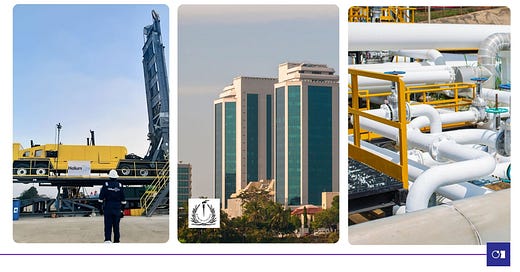


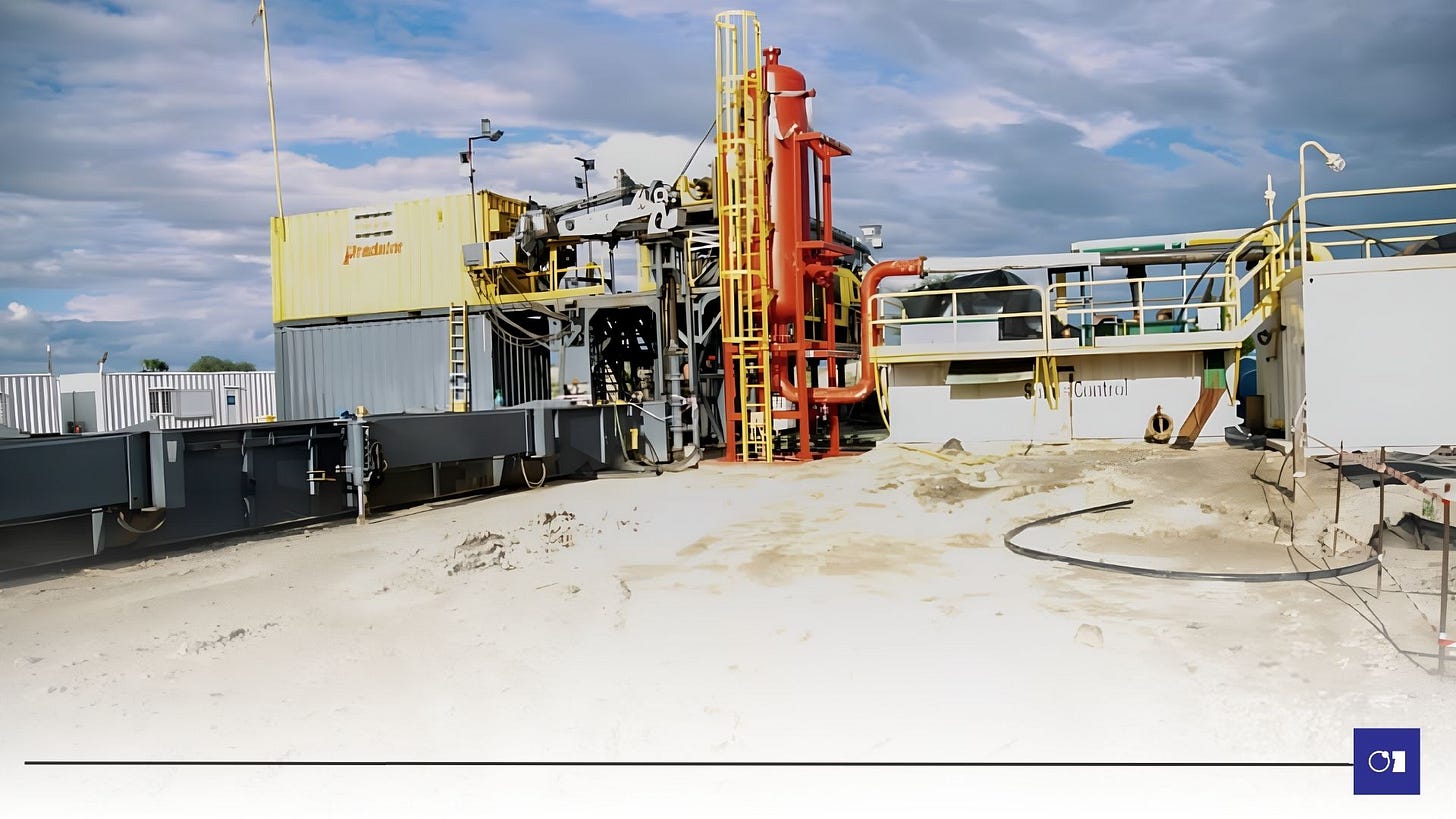
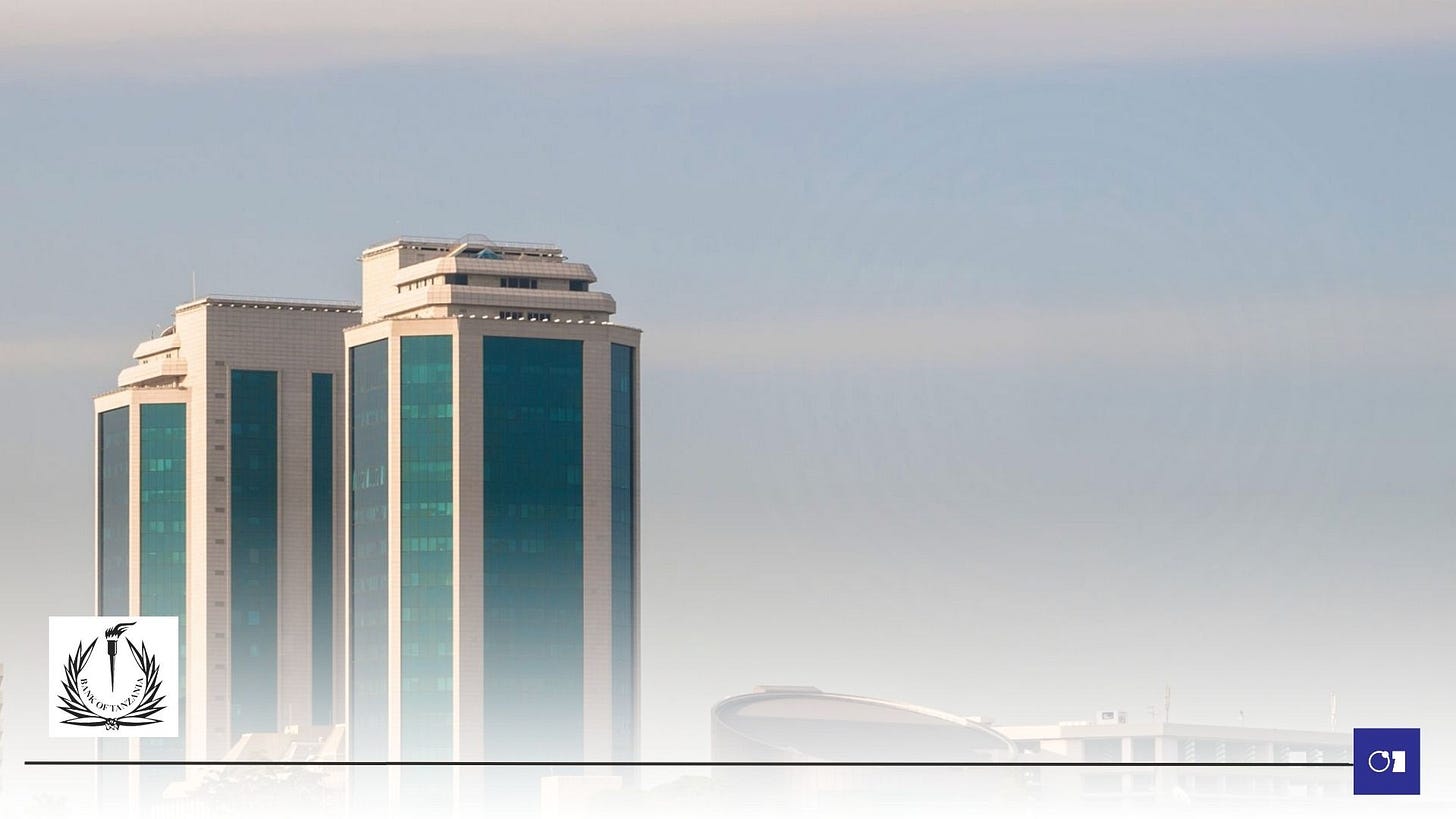
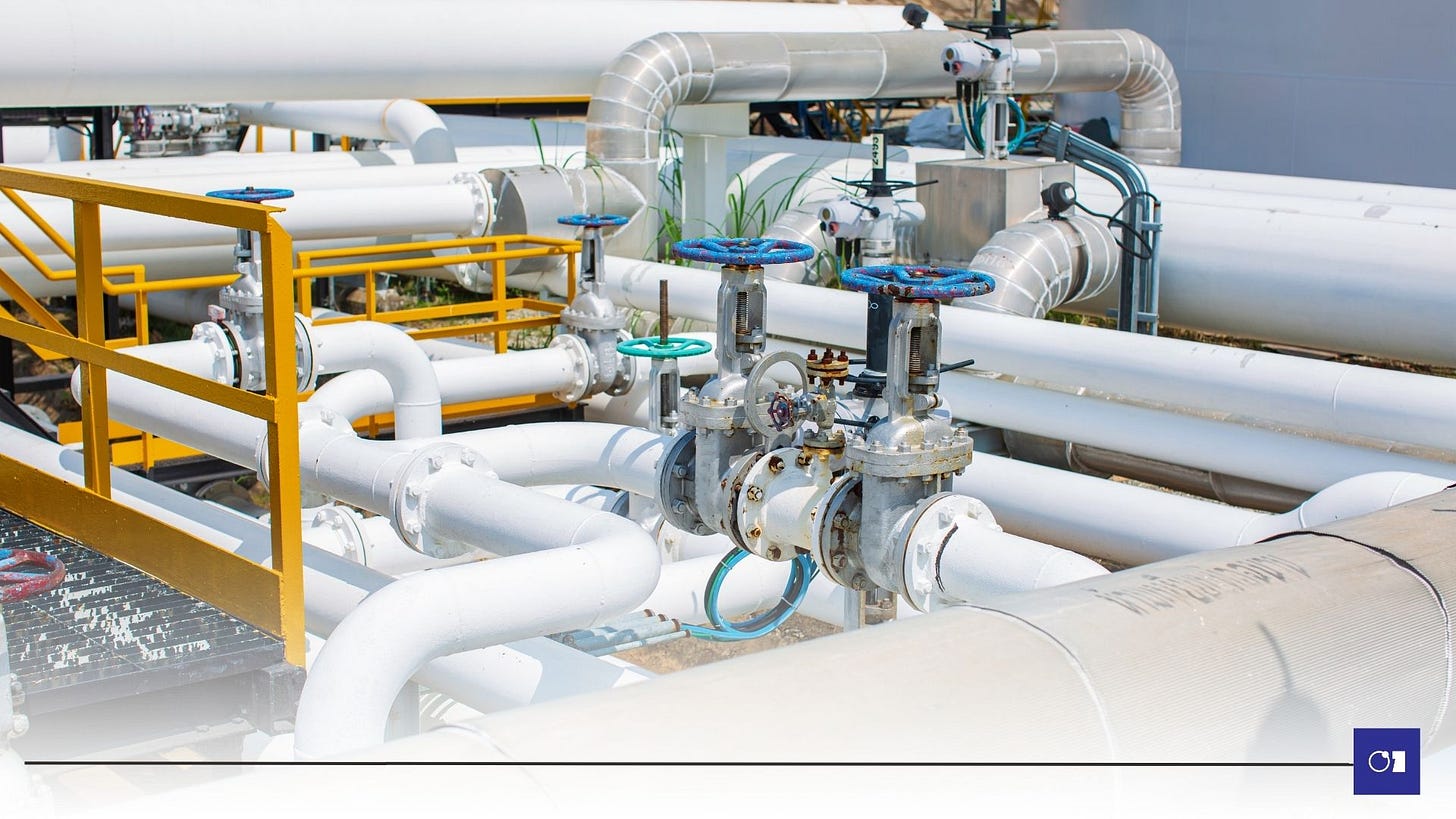
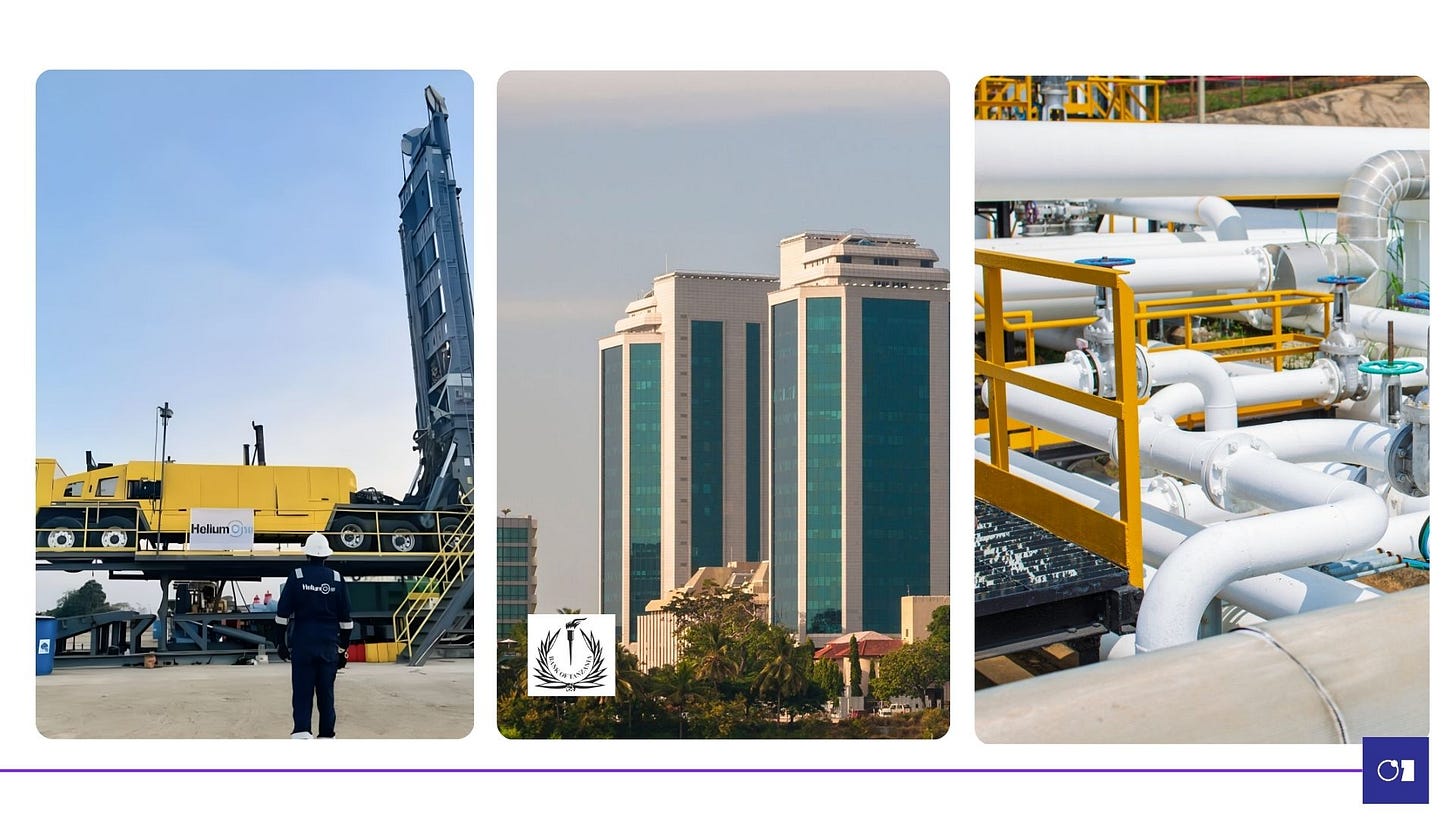
"Over 100 million shillings in compensation has now reached residents who volunteered their land"
I wish the Gov were more responsible over this sort of crazy compensation. I have seen locally how when they handed this sorta amount over for the grid that some are wise, but most don't have a clue how to handle that amount of money, and wind up worse than before in terms of family and life.